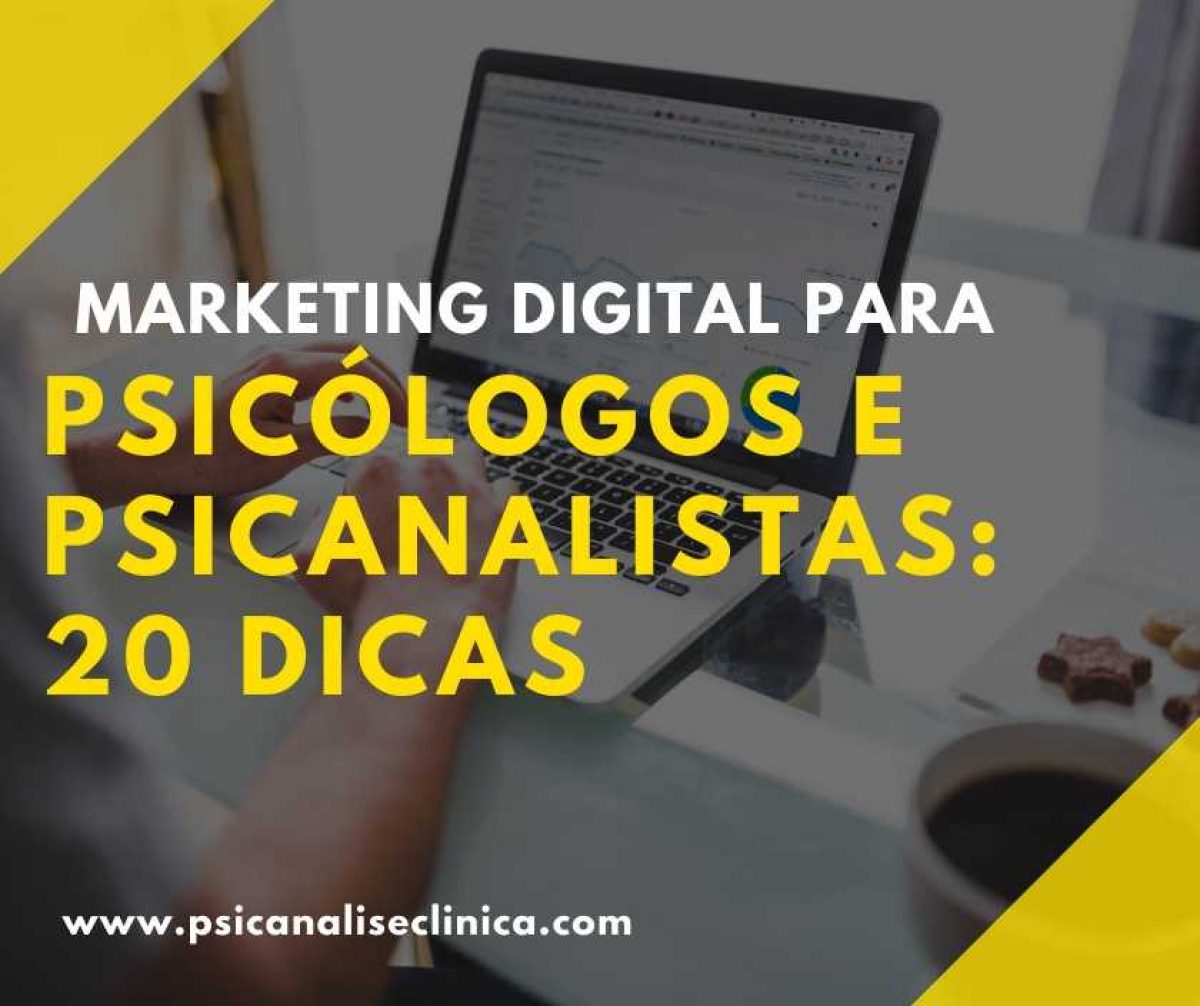digital Marketing for Psychologists: A Comprehensive Guide
In today’s interconnected world, digital marketing has become an indispensable tool for businesses of all sizes, and the field of psychology is no exception. Psychologists, whether in private practice, academic settings, or community organizations, can leverage the power of digital marketing to reach a wider audience, build their brand, and ultimately improve their professional impact. This article will explore key strategies for digital marketing success specifically tailored to psychologists.
Before embarking on any digital marketing campaign, it’s crucial to clearly define your target audience.
1.1 Identify Ideal Client Characteristics

Demographics: Age, gender, location, occupation, income level, education level.
1.2 Develop Buyer Personas
Creating detailed buyer personas can help you understand your ideal clients on a deeper level. A buyer persona is a fictional representation of your ideal client, including their demographics, psychographics, and behavioral patterns. This will guide your marketing efforts by allowing you to tailor your messaging and content to resonate with their specific needs and preferences.
2.1 Website Development
A professional website is the cornerstone of any online presence.
2.1.1 Key Elements of a Psychologist’s Website:

About Page: Clearly communicate your expertise, experience, and therapeutic approach.
2.1.2 Search Engine Optimization (SEO)
Optimize your website for search engines to improve your visibility in search results.
Keyword Research: Identify relevant keywords that potential clients are likely to use when searching for mental health services.
2.2 Social Media Marketing
Utilize social media platforms to connect with potential clients, share valuable content, and build your brand.
2.2.1 Choose the Right Platforms:
Facebook: A broad platform suitable for reaching a wide audience and engaging in community discussions.
2.2.2 Create High-Quality Content:
Share valuable insights: Offer tips for coping with stress, managing anxiety, improving relationships, and enhancing overall well-being.
2.3 Content Marketing
Create and share high-quality content that educates, informs, and entertains your target audience.
2.3.1 Blog Posts and Articles
Write informative blog posts and articles on a variety of mental health topics, such as stress management techniques, relationship advice, and coping with trauma.
2.3.2 E-books and White Papers
Create in-depth resources on specific mental health topics to offer valuable information to potential clients.
2.3.3 Infographics and Videos
Use visually appealing formats to present complex information in an engaging and easily digestible manner.
2.3.4 Podcasts
Host a podcast to share your expertise, interview other mental health professionals, and engage in insightful discussions.
3.1 Email Marketing
Build an email list and use email marketing to nurture leads, stay in touch with current clients, and provide valuable information.
3.1.1 Build an Email List
Offer valuable incentives, such as free e-books, checklists, or webinars, in exchange for email sign-ups.
3.1.2 Create Engaging Email Content
Send regular newsletters with valuable content, such as blog post summaries, upcoming events, and special offers.
3.1.2 Personalize Your Emails
Segment your email list and tailor your messages to the specific interests and needs of each segment.
3.2 Online Communities and Forums
Engage in online communities and forums related to mental health to answer questions, provide support, and build relationships with potential clients.
3.3 Client Testimonials and Reviews
Encourage satisfied clients to leave reviews on platforms like Google My Business, Yelp, and Psychology Today.
4.1 Pay-Per-Click (PPC) Advertising
Utilize platforms like Google Ads and social media advertising to reach specific target audiences with targeted ads.
4.2 Retargeting Ads
Show ads to users who have previously visited your website or interacted with your social media content.
4.3 Social Media Advertising
Run targeted ad campaigns on social media platforms to reach specific demographics and interests.
5.1 Track Key Metrics
Monitor key metrics, such as website traffic, social media engagement, email open rates, click-through rates, and conversion rates.
5.2 Analyze Data and Make Adjustments
Analyze your data to identify what’s working and what’s not, and make adjustments to your campaigns accordingly.
5.3 Use Analytics Tools
Utilize analytics tools like Google Analytics to track website traffic and user behavior.
6.1 Continuously Learn and Adapt
Stay up-to-date with the latest digital marketing trends and best practices.
6.2 Attend Workshops and Conferences
Attend workshops and conferences to learn from industry experts and network with other professionals.
7.1 Data Privacy and Security
Prioritize data privacy and security by complying with relevant regulations, such as HIPAA.
7.2 Transparency and Authenticity
Be transparent and authentic in your online communications.
7.3 Avoid Making False Claims
Avoid making false or misleading claims about your services.
7.4 Maintain Professional Boundaries
Maintain professional boundaries in all online interactions.
By effectively implementing these digital marketing strategies, psychologists can significantly expand their reach, build their brand, and ultimately make a greater impact on the lives of their clients.

